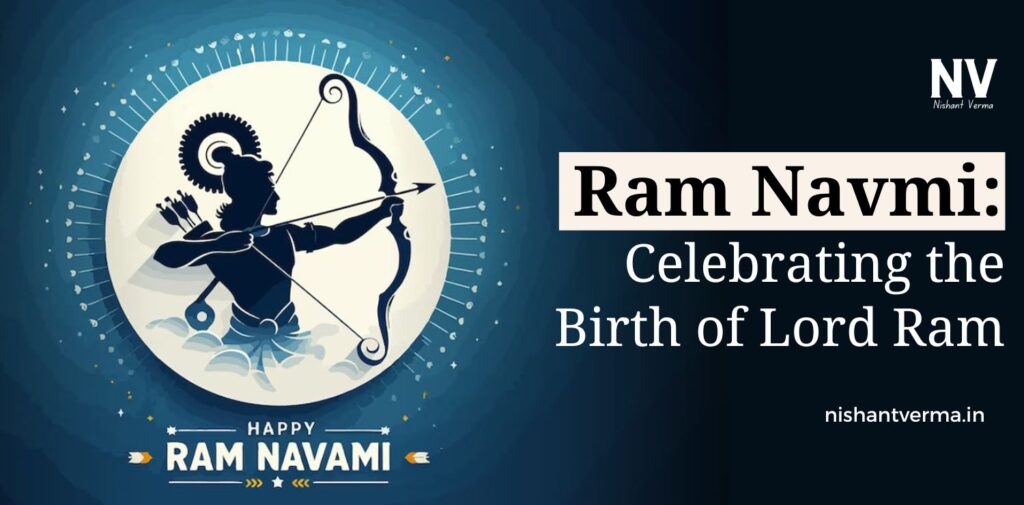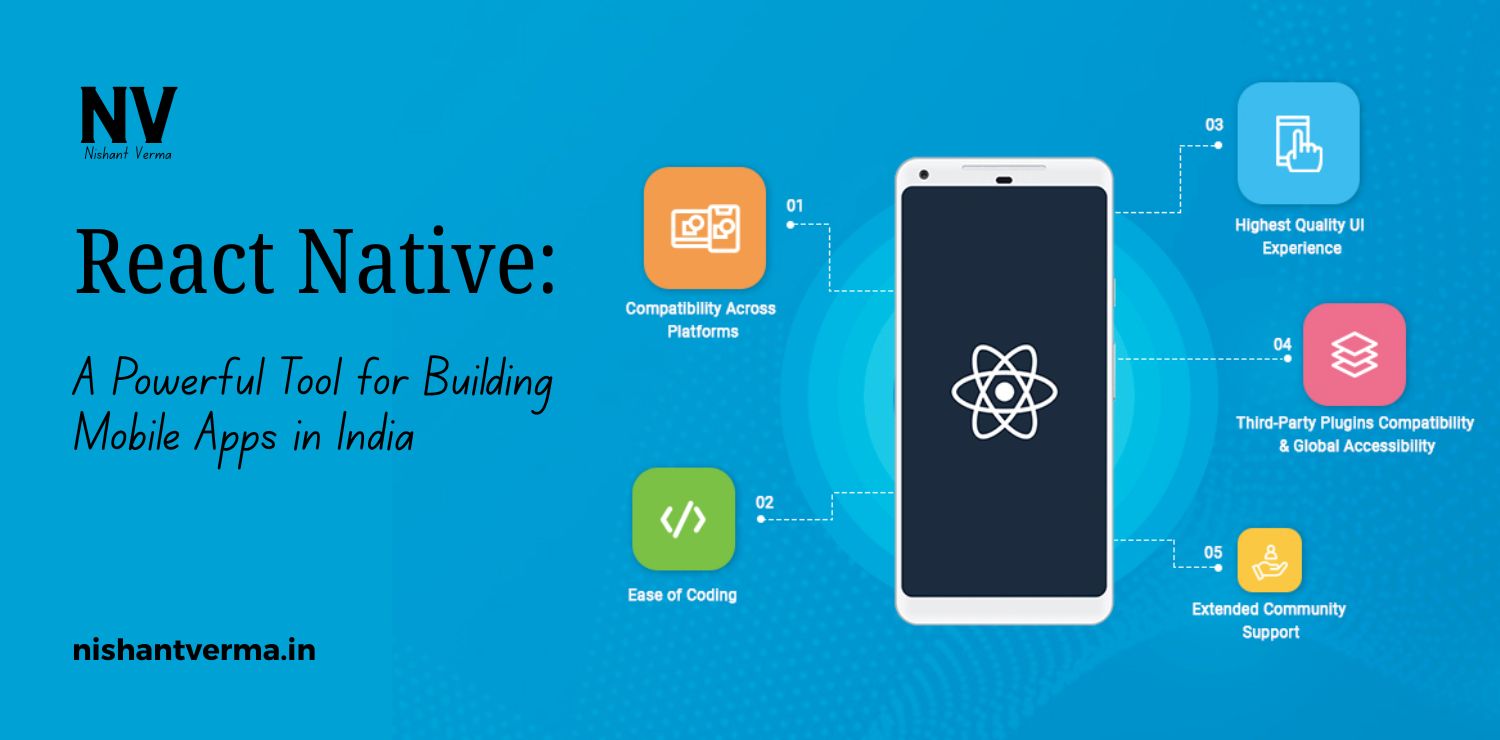Ram Navmi is a significant Hindu festival celebrated with immense devotion across India. It marks the birth of Lord Ram, one of the most revered deities in Hinduism. This year, Ram Navmi will be celebrated on 6th April 2025. The day is filled with religious fervor, cultural celebrations, and a deep sense of reverence for Lord Ram, who is known for his virtues of righteousness, justice, and devotion to duty. The festival is not only a spiritual occasion but also a time for community gatherings, prayers, and festivities.
The Importance of Ram Navmi in Hindu Culture
Ram Navmi holds an essential place in Hindu culture as it celebrates the birth of Lord Ram, the seventh incarnation of Lord Vishnu, who appeared on earth to destroy the evil demon king Ravana and restore dharma (righteousness). Lord Ram is revered as the ideal man—one who upheld truth, justice, and moral values, despite facing numerous challenges throughout his life.
The Ramayana, an ancient epic, narrates the story of Lord Ram’s life, highlighting his trials, sacrifices, and his victory over evil. Lord Ram’s life teaches valuable lessons about duty, respect, honor, and the importance of living a righteous life. Thus, the celebration of Ram Navmi is not just a ritual; it’s a reflection on the ideals that Lord Ram represented and how his teachings continue to inspire millions of people worldwide.
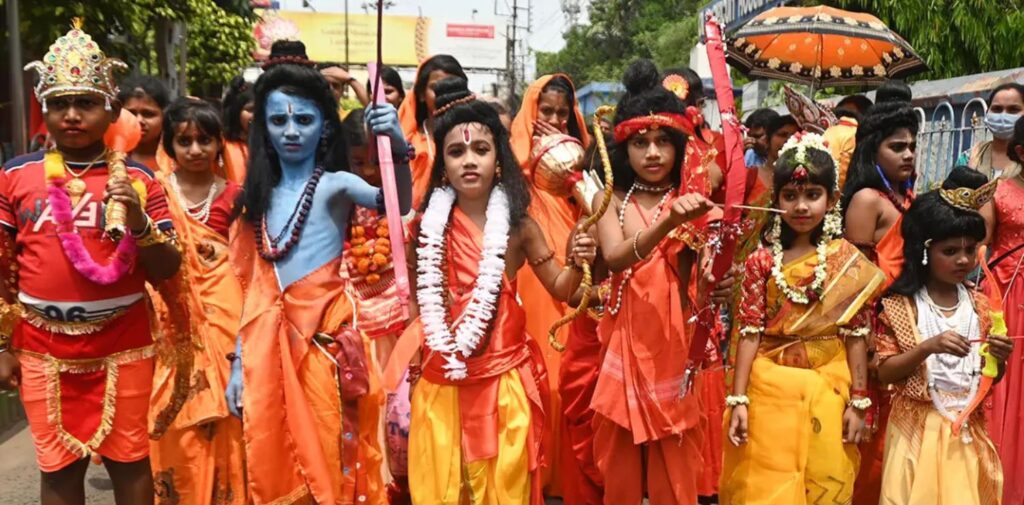
How is Ram Navmi Celebrated Across India?
Ram Navmi is celebrated in different ways across the length and breadth of India, but the core idea remains the same: to honor Lord Ram and reflect on his teachings. Let’s explore how this auspicious day is celebrated in various parts of India.
- Ayodhya – The Birthplace of Lord Ram: Ayodhya, in Uttar Pradesh, is considered the birthplace of Lord Ram and, as expected, hosts one of the grandest celebrations. Thousands of devotees from all over the country gather at the Ram Janmabhoomi temple in Ayodhya to offer prayers. The town is beautifully decorated with lights, flowers, and banners. Special rituals are performed, and many devotees fast on this day. The atmosphere in Ayodhya is filled with chants of “Jai Shri Ram,” and the celebration is marked with processions and devotional songs.
- South India – A Day of Fasting and Prayers: In South India, Ram Navmi is widely celebrated, particularly in Tamil Nadu, Karnataka, and Andhra Pradesh. Devotees observe a day of fasting, spend the day in temples, and participate in bhajans (devotional songs) and prayers. Special poojas (rituals) are conducted in temples, and some regions also have a custom of reciting the entire Ramayana during the festival. In Tamil Nadu, it is common for women to fast and perform “Rama Katha” (stories of Lord Ram) in their homes.
- Maharashtra – Celebrating with Poojas and Processions: In Maharashtra, Ram Navmi is celebrated with grandeur. Devotees begin the day with early morning prayers and visit temples. In some areas, there are processions where people carry Lord Ram’s idols in beautifully decorated chariots. It is also common for people to gather at community halls for prayers, singing devotional songs, and listening to the Ramayana. Ram Navmi fairs are held, where traditional sweets and food are sold, and people come together to celebrate the occasion.
- Bengal – Ram Navmi with a Twist: While West Bengal is better known for its celebrations of Durga Puja, Ram Navmi is also an important festival here. In Bengal, the day is marked by special prayers and rituals. However, in certain parts, especially in Kolkata, there is a tradition of organizing wrestling matches, known as “Ram Lila,” symbolizing the strength and valor of Lord Ram. These matches are watched by large crowds, and the victory of the wrestler is considered a victory of good over evil.
- Punjab – A Religious and Cultural Affair: In Punjab, Ram Navmi is observed with great religious zeal. People visit Gurudwaras and temples to seek the blessings of Lord Ram. The day is marked by religious discourses, where devotees gather to listen to the recitations of Ram Katha and other religious scriptures. The atmosphere is vibrant, with people wearing new clothes and offering prayers for peace and prosperity.
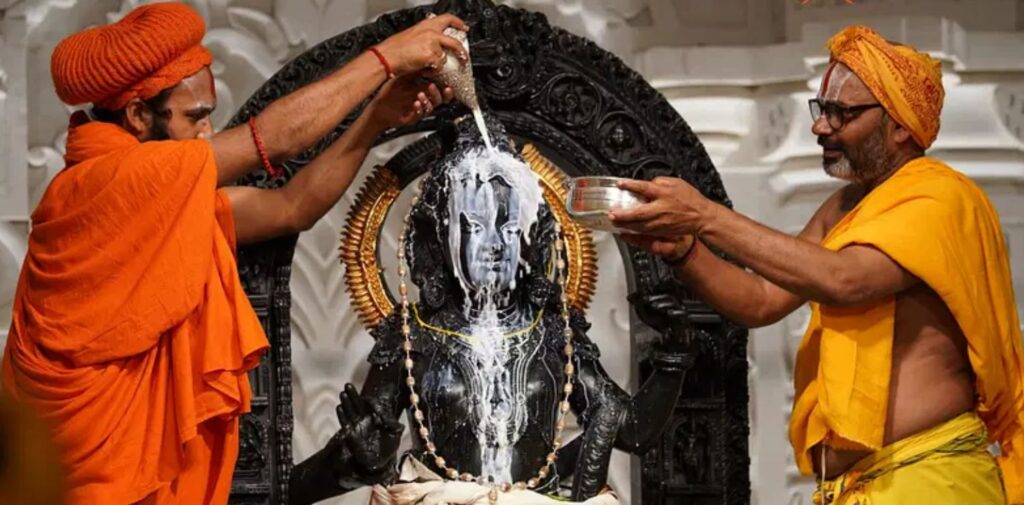
The Rituals and Traditions of Ram Navmi
While the way Ram Navmi is celebrated can differ depending on region and culture, certain rituals are common across India. These rituals hold deep spiritual significance and are an important part of the celebrations.
- Fasting and Prayers:Many devotees observe a fast on Ram Navmi, refraining from consuming food and water or limiting themselves to fruits and milk. Fasting is considered an important way of showing devotion and purifying the body and mind. Temples are the focal point of celebrations, and special prayers and poojas are held throughout the day. Devotees seek Lord Ram’s blessings for peace, prosperity, and the removal of obstacles from their lives.
- Recitation of the Ramayana:Another key tradition is the recitation of the Ramayana, the holy epic that tells the life story of Lord Ram. Many temples and homes host Ram Katha sessions, where the entire epic or select verses from it are read aloud. This is done to immerse the devotees in the teachings of Lord Ram, which guide them on how to lead a virtuous life.
- Ram Lila:The performance of Ram Lila, or the dramatic enactment of the story of Lord Ram, is an integral part of Ram Navmi celebrations. Various communities come together to perform this traditional play, which showcases Lord Ram’s journey from his exile to his battle with Ravana. Ram Lila is not just a theatrical performance; it is an educational experience that brings the story of Lord Ram to life.
- Visiting Temples:Devotees often visit temples dedicated to Lord Ram to offer their prayers. Many temples hold special ceremonies, where idol processions are taken out, and devotees can participate in group prayers. The temples are beautifully decorated, and the atmosphere is filled with devotional chants and music. It is believed that visiting Lord Ram’s temple on Ram Navmi brings blessings and spiritual upliftment.
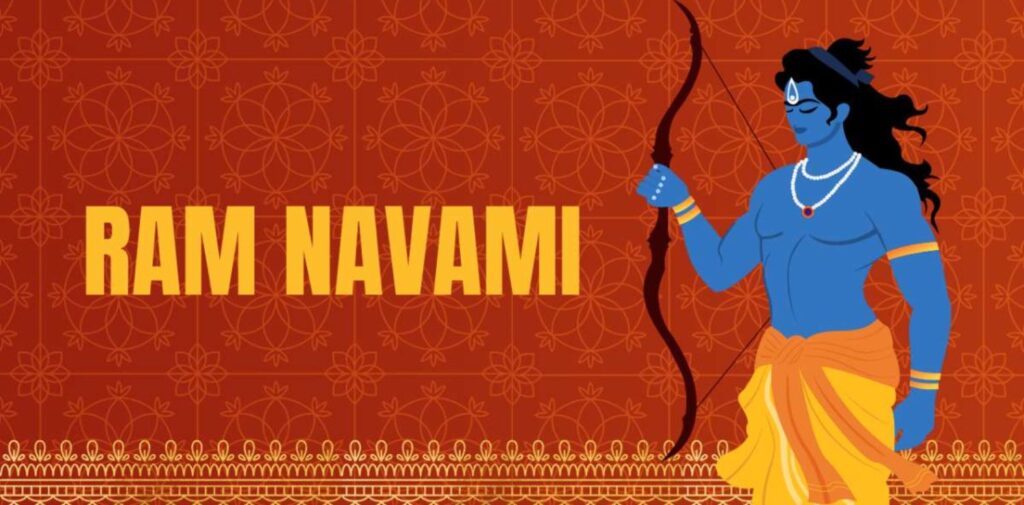
The Cultural Significance of Ram Navmi
While Ram Navmi is primarily a religious occasion, it also holds significant cultural value. It serves as a reminder of the importance of virtues like truth, honor, and duty. Lord Ram’s life is an example of righteousness, and his story is passed down from generation to generation through oral traditions, literature, and drama.
The festival also brings people together, fostering a sense of community. People of all ages, from children to the elderly, participate in the celebrations, strengthening social bonds and family ties. Moreover, Ram Navmi helps preserve and promote cultural traditions that have been followed for centuries. It is a day when families come together, cook traditional dishes, sing devotional songs, and share stories of Lord Ram, thereby passing on the cultural heritage to younger generations.
Conclusion: A Day of Devotion and Reflection
Ram Navmi, celebrated on 6th April 2025, is not just a religious festival but a day of reflection, devotion, and celebration of the eternal values taught by Lord Ram. It serves as a reminder to uphold righteousness, honor our duties, and live a life of truth and integrity. The festival brings together millions of people in devotion and celebration, transcending regional boundaries and fostering unity and harmony.
Whether it’s through fasting, prayers, recitation of the Ramayana, or cultural performances like Ram Lila, Ram Navmi inspires people to strive for goodness and righteousness in their lives. The teachings of Lord Ram continue to resonate with people of all ages, making Ram Navmi a festival that not only celebrates the birth of a divine figure but also brings about a positive transformation in the hearts and minds of devotees.

